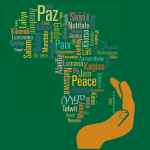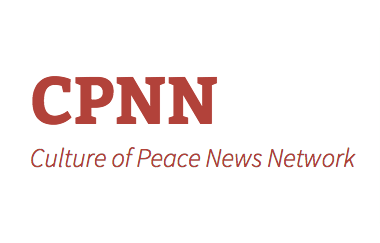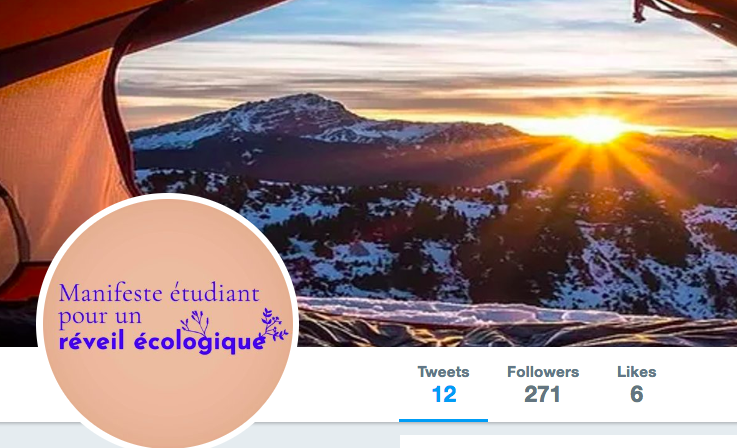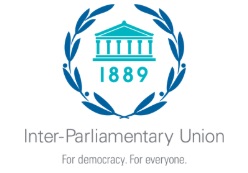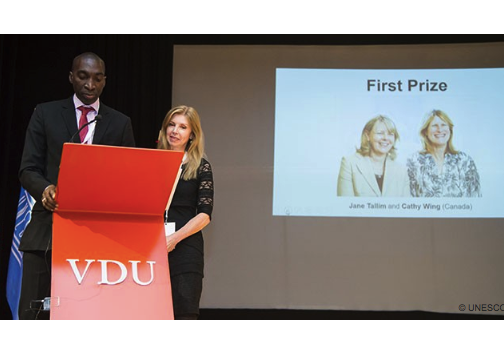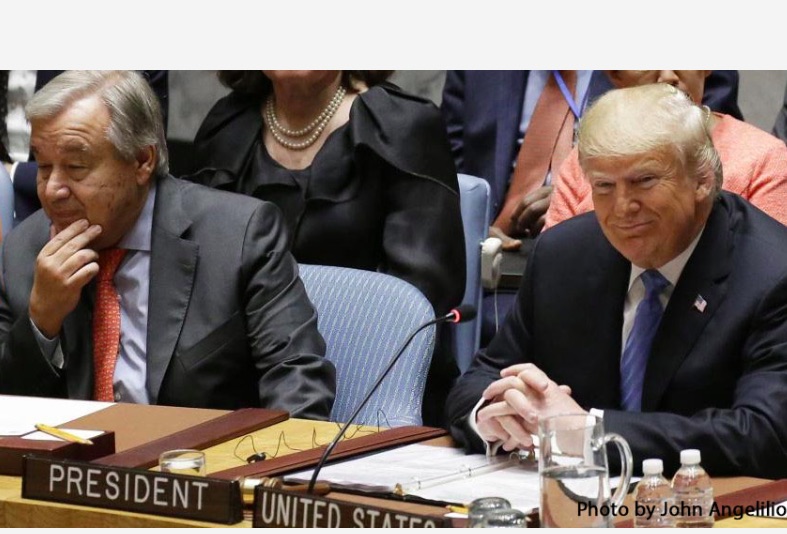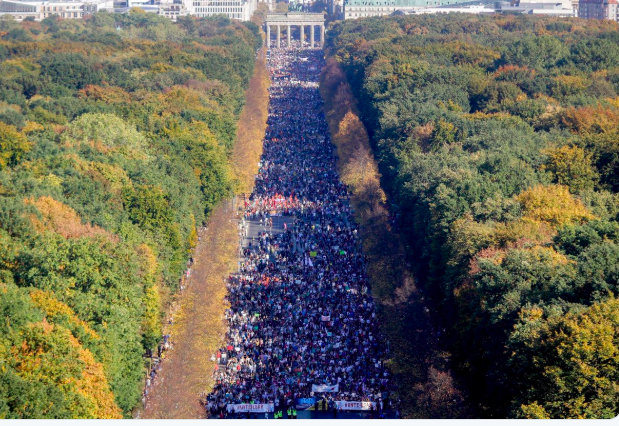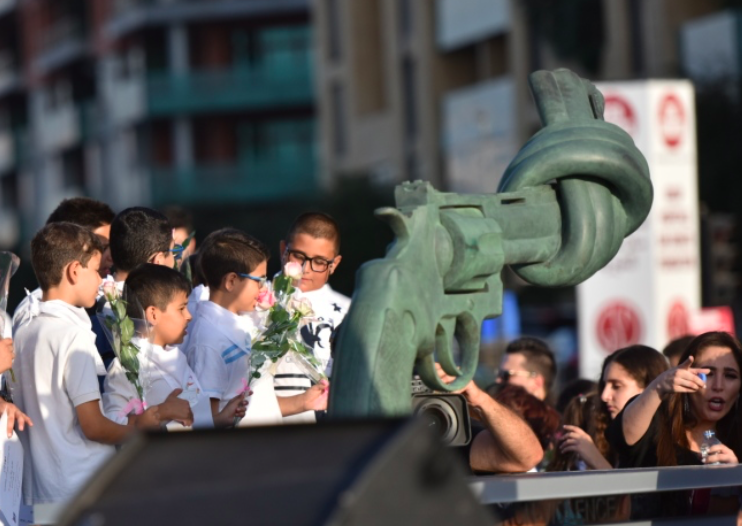NOBEL: END SEXUAL VIOLENCE
It was an important step forward that the recipients of this year’s Nobel Peace Prize were recognized for their efforts to end the use of sexual violence as a weapon of war and armed conflict. The history of the culture of war tells us that: “Rape and other violence against women has been fundamental to the culture of war over the course of history.”
The Nobel Committee joins an impressive list of organizations around the world that are making progress for women’s equality and an end to violence against women. Here are examples from CPNN during the past month.
Local NGOs
In Guatemala, the organization Mujeres Transformando el Mundo (Women Transforming the World) has helped the “abuelas” of Sepur Zarco to obtain the conviction of military officers for their systematic rape and enslavement during the 36-year-long Guatemalan civil war, and to obtain reparations, including the promise to reopen the files on land claims, set up a health centre, improve the infrastructure for the primary school and open a new secondary school, as well as offer scholarships for women and children.
National NGOs:
In the United States, Planned Parenthood is leading the fightback to resist the attacks by President Trump and his appointees against women’s reproductive rights. They are planning a multi-million dollar, nationwide campaign to ensure that abortion remains accessible—even if the landmark decision legalizing it nationwide is overturned thanks to Trump’s choice for the Supreme Court.
International NGOs:
Plan International sponsored a campaign in which over 1000 schoolgirls become world leaders for the day, from executives at Google and Facebook to government posts and local councils. Among the posts they held for a day were the presidency of Peru and the heads of the parliamentary speakers of Zimbabwe and Western Australia.
Religious organizations
In Bougainville, an island of Papua New Guinea, the Nazareth Centre for Rehabilitation, established by the Congregation of the Sisters of Nazareth, led by Sister Lorraine Garasu, supports a network of Women Human Rights Defenders (WHRDs). Their work is focused on issues of family and sexual violence, community safety and security, poverty reduction, leadership, and recognition of the work of WHRDs, particularly those in rural communities. The women work for sexual reproductive health and rights, access to education and services and the need for action on climate change, among many other important issues. The initiative is supported by the International Women’s Development Agency.
Business enterprises
Software giant Adobe has announced that it has achieved pay parity between women and men globally across 40 countries. The company defines pay parity as ensuring that employees in the same job and location are paid fairly, regardless of their gender or ethnicity. “I am proud that we have taken this important step towards fair recognition of all our people’s contributions — achieving this milestone is fundamental to who we are,” said Adobe president and CEO Shantanu Narayen.
National governments
Iceland has the smallest overall gender gap of 144 countries ranked by the World Economic Forum and has enacted the world’s first equal pay law. This has come about through grass-roots pressure and the election of women leaders, as illustrated by the recent national “Kvennafrí 2018”, Women’s Strike with demonstrations held in 16 towns and cities. The rally in the capital city Reykjavik was addressed by a former prime minister (a woman) and attended by the sitting prime minister (also a woman).
United Nations
The Executive Director of UN Women, Phumzile Mlambo-Ngcuka presented the Secretary-General’s report on women, peace and security to the UN Security Council in October. “We commend the Nobel Committee’s recognition to Denis Mukwege and Nadia Murad for their advocacy on behalf of victims of wartime sexual violence. It is an example of the importance of this issue . . I met many exceptionally courageous women in my recent travels to Somalia, South Sudan, the Sahel and the Rohingya refugee camps in Bangladesh. Many of them are here today. But many could not be here. In 2017, half of the women honoured in the annual tribute of the Association for Women in Development were murdered in conflict affected countries. . . . It is my strong wish that we will find the political will to do much more about this epidemic of killings of women over the next decade than we have in this past one.”
UNICEF is part of the United Nations taking positive steps at the local and national level. For example, In Ethiopia, UNICEF supports the development of girls’ clubs as part of an accelerated effort to end child marriage.
As we stated inthe UNESCO draft resolution sent to the United Nations in 1998 , which became the UN Declaration and Programme of Action on a Culture of Peace: “there is an inextricable linkage of peace with equality between women and men. Only this linkage of equality, development and peace can replace the historical inequality between men and women that has always characterized the culture of war and violence.”
| WOMEN’S EQUALITY
The Nobel Prize for Peace 2018 |
SUSTAINABLE DEVELOPMENT
France: Several thousand students have signed a manifesto in which they pledge not to work for companies that disagree with their values |
DEMOCRATIC PARTICIPATION
Inter-Parliamentary Union: 139 parliaments demand immediate action on climate change |
FREE FLOW OF INFORMATION
|
| DISARMAMENT AND SECURITY
|
HUMAN RIGHTS
Sepur Zarco case: The Guatemalan women who rose for justice in a war-torn nation |
TOLERANCE AND SOLIDARITY
Berlin: Hundreds of thousands march against racism |
EDUCATION FOR PEACE
AUNOHR University unveils the “Knotted Gun” Sculpture in Beirut |
